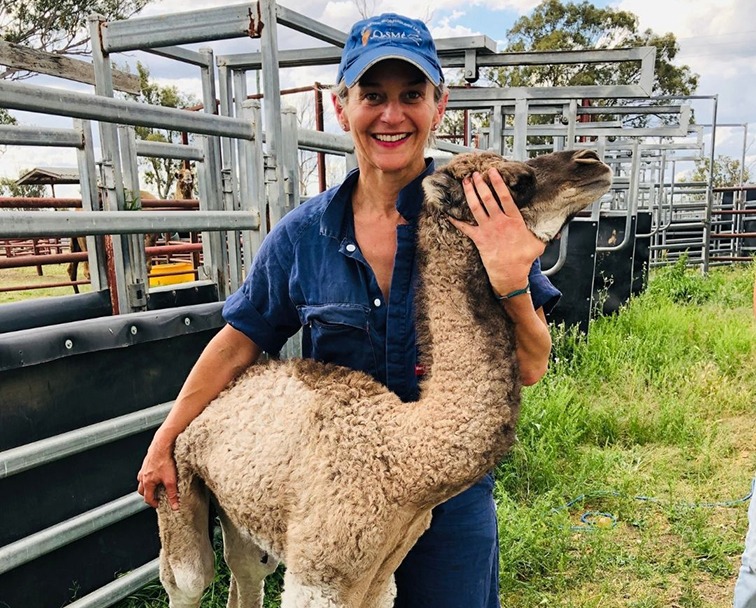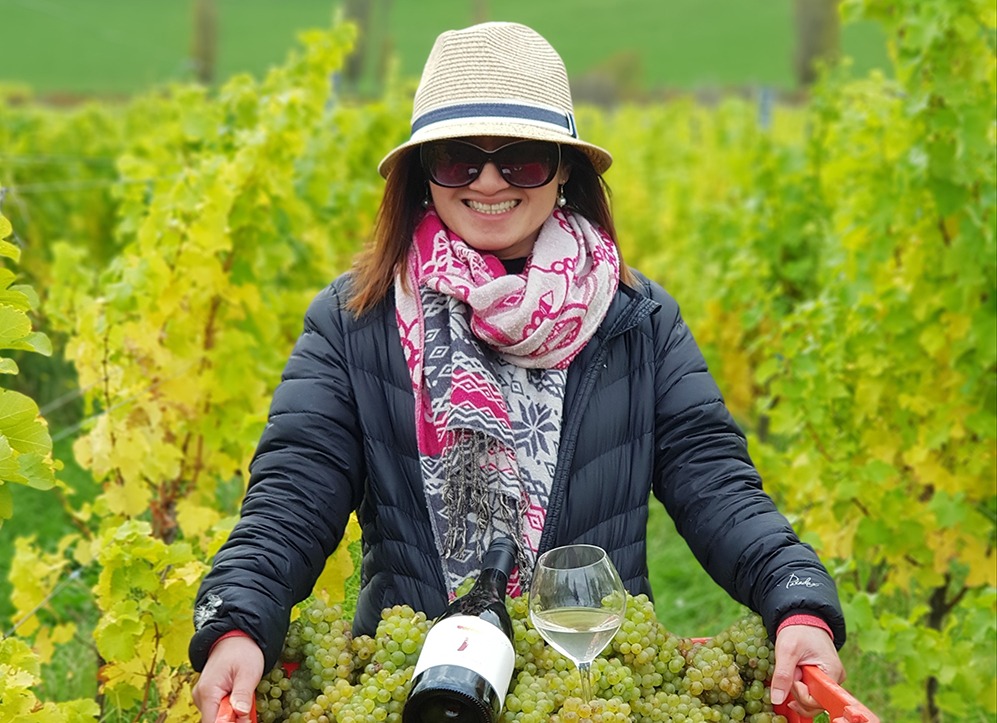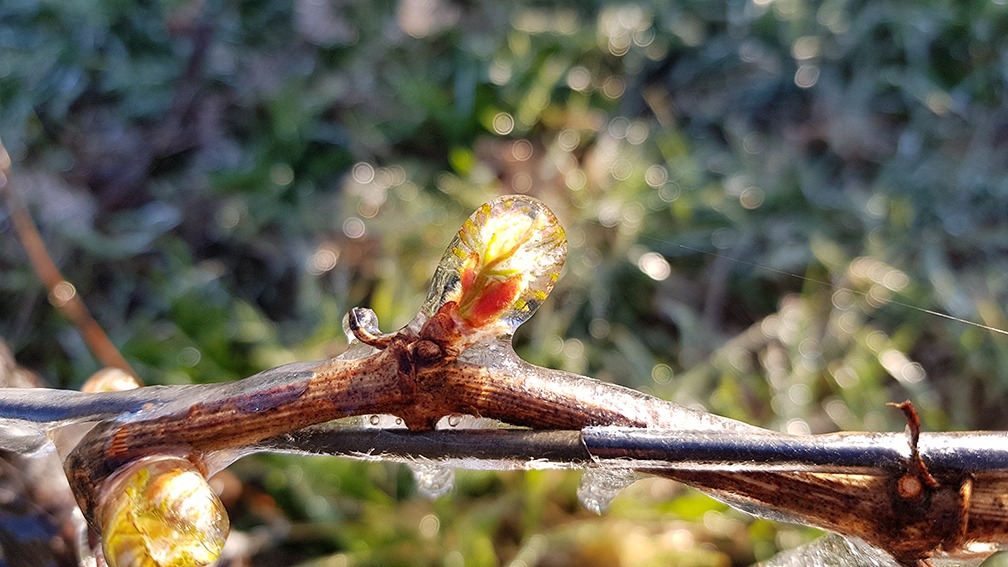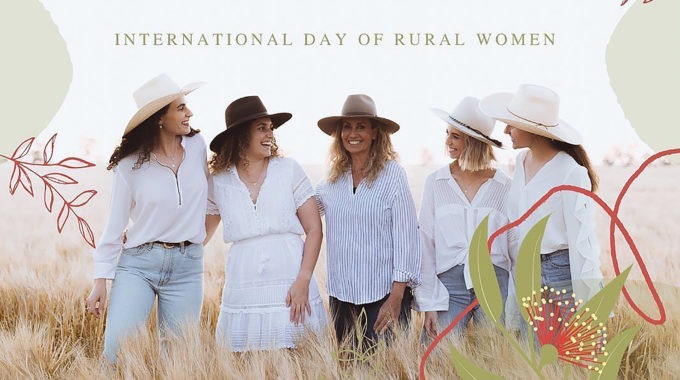Shaping the future of Aussie agriculture
Today is the United Nations International Day of Rural Women, a day for Australians to acknowledge and celebrate the inspiring women who are shaping the future of our rural, regional and remote communities. The theme for this year is “building rural women’s resilience in the wake of COVID-19”, with the aim to create awareness of rural women’s struggles, their needs and their critical and key role in our society.
AgriFutures Australia will be sharing the profiles of rural women across many industries on their website and social media channels. A hashtag #hatsofftoruralwomen has also been launched across AgriFutures Australia’s social media channels. Businesses across Australia are encouraged to use the hashtag across their own social media pages to share the stories of the rural, regional and remote women they work with.
AgriFutures Australia Managing Director John Harvey says that with the COVID-19 pandemic and the absence of physical events where people can come together to share stories and recognise achievements, it’s even more important to get online and celebrate the many contributions that women make to rural Australia.
“We will be showcasing inspiring women who are playing a critical role in enhancing and developing our agricultural industries and communities,” he says.

Just one of these women includes Margie Bale, one of Australia’s only camel veterinarians. Bale’s most recent achievement is a research project supported by our AgriFutures Australia’s Emerging Industries Program which has seen the development of a new test that can confirm pregnancy in wild camels.
“Now there is a simple blood test for camel pregnancy that can be performed safely, efficiently, and reliably at the point of capture,” she says. “Buyers from camel dairies have confidence now when they’re expanding their herds with wild camels, and we’re all not relying on the common theory that a pregnant camel holds her tail straight all the time.”

Meanwhile, 2019 Tasmanian AgriFutures Rural Women’s Award State Winner, Dr Anh Nguyen, has been busy making new batches of wine while bunkered down at her Tasmanian vineyard during COVID-19. Dr Nguyen has also used her engineering background to build an automatic frost control system for the vineyard, which is driven by artificial intelligence.
“In early spring we have big temperature swings between day and night,” Dr Nguyen tells Eativity. “When the temperature gets too low, it can freeze the buds, basically killing them.
“Frost happens at one, two, four o’clock in the morning, and normally you just had to be there to watch the vines and manually turn on the frost control. But we’ve tailored our system to automatically react to the microclimate conditions on our farm.
“It’s quite amazing to let artificial intelligence take over the most critical part of the system, and it’s pretty cool to be able to sleep through the night during the frost season.”

With a PhD in engineering, Dr Nguyen has a different background to others in agriculture, but she wants to use her knowledge and experience to help the industry move forward.
“I see that there are technologies we can use,” she says. “Agriculture is usually seen as a low-tech, not very cool domain. We’re actually about 20 to 30 years behind any other industry, when it comes to technology.”
Dr Nguyen is basically using her vineyard as a testing ground for new technologies, as well as a way to promote a different kind of agricultural practice.
“I am trying to use technology to make farming more efficient and sustainable, to attract more people back to the land,” she says. “And by using tech and adopting natural and regenerative farming, I am also building resilience for the soil. The ultimate result is you have a better quality crop that’s not dependent on pesticides, herbicides or insecticides.”
You can discover many more stories that showcase the achievements of Australian women in agriculture at agrifutures.com.au. AgriFutures Rural Women’s Award has also launched a new book celebrating the contribution of the award through the lens of the women who have been a part of its 21-year history. The book is available to download here.









